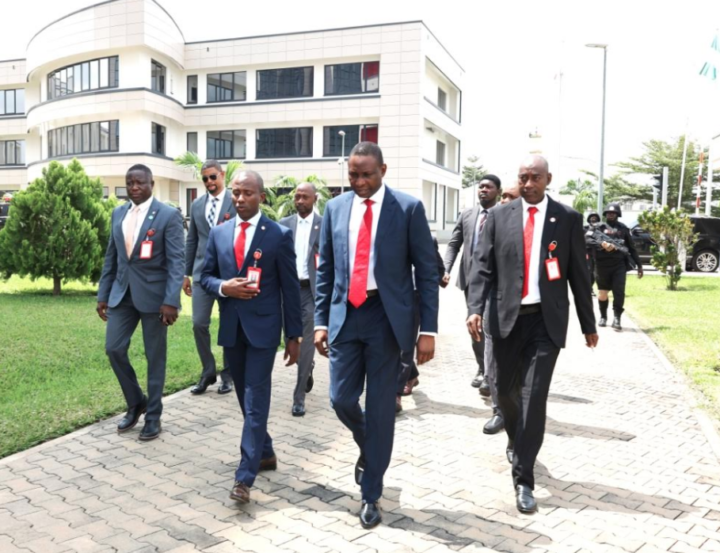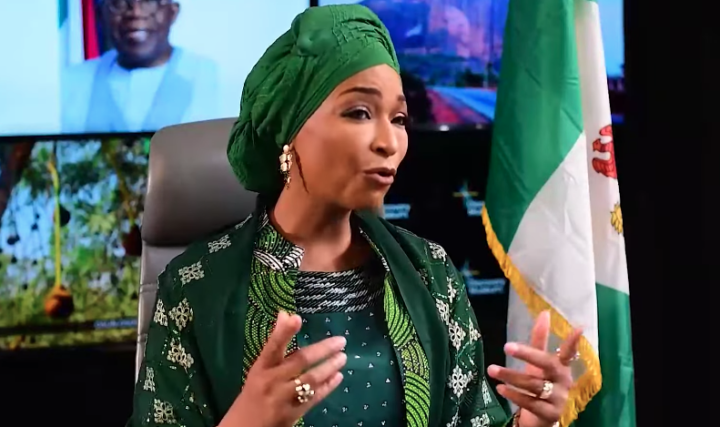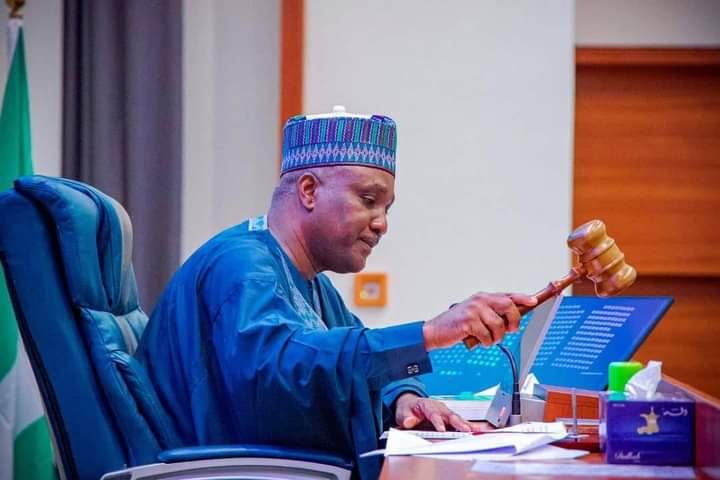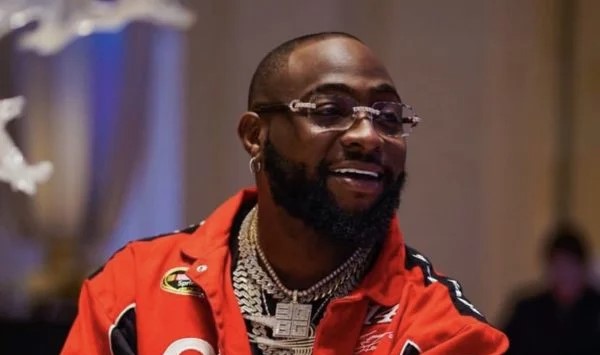The federal high court in Abuja has fixed February 2024 to hear the suit challenging the appointment of Ola Olukoyede as the chairman of the Economic and Financial Crimes Commission (EFCC).
Obiora Egwuatu, the presiding judge, on Wednesday, adjourned hearing of the suit to February 22 after parties agreed.
According to NAN, when the case was called in court, Victor Opatola, who is the plaintiff, said he had received preliminary objections from the federal government and attorney-general of the federation.
He added that he is yet to receive any process from the national assembly and the EFCC chairman.
Advertisement
Opatola is representing himself in the suit.
Responding, Israel Obaniyi, counsel representing the national assembly, said the legal department of parliament informed his team about the case on Tuesday.
He added that he would file his response before the next adjourned date.
Advertisement
R.O Adakole, counsel to EFCC, said his response would be ready before the next adjourned date.
BACKGROUND
In October, President Bola Tinubu appointed Olukoyede as the executive chairman of EFCC pending confirmation by the senate.
The appointment elicited varied reactions on social media.
Advertisement
Some lawyers had argued that Olukoyede was not qualified to lead the anti-graft agency based on provisions of section 2 of the EFCC Act.
Section 2 (1) of the Act states: “The Commission shall consist of the following members — (a) A chairman, who shall — (i) Be the Chief Executive and Accounting Officer of the Commission.
“(ii) Be a serving or retired member of any government security or law enforcement agency not below the rank of Assistant Commissioner of Police or equivalent; and (iii) Possess not less than 15 years cognate experience.”
The critics argued that since Olukoyede was not a member of any security outfit, he was not legally qualified to lead the anti-graft agency.
Advertisement
Despite the controversy, the senate confirmed Olukoyede.
Opatola had approached the court to seek interpretation of section 2 of the EFCC Act.
Advertisement
The lawyer told the court that the EFCC boss did not fulfill the conditions stipulated in section 2(1) of the Act.
Advertisement






